Daily Writing
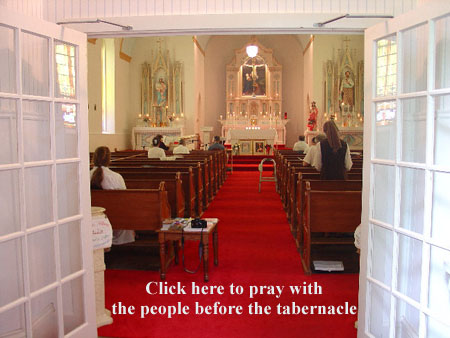
| Shepherds of Christ Daily Writing |
 |
October 21, 2010
October 22nd Holy Spirit Novena
Scripture selection is Day 1 Period II.The Novena Rosary Mysteries
for October 22nd are Luminous.
Please pray for Jimmy
Pray for Printing of Cycle A Book
October 21, 2010

Excerpt from Response in Christ by Fr. Edward Carter, S.J.
The Christian Life of Grace (excerpt)
c) Relationship with the Holy Spirit
After the glorified Christ was established in power and glory with the Father, He sent the Holy Spirit to sanctify the world. The task of the Holy Spirit is to imprint the mystery of Christ ever more deeply upon the whole of creation. The Holy Spirit gradually is leading man and his universe to a greater Christo-finalization. This Christo-finalization will reach its completion at the time of Christ's second coming. Then creation will receive its final transformation. Then the movement of creation to the Father, in Christ, by the Holy Spirit will be complete.
As this process evolves, the Holy Spirit concentrates His action upon the Church of Christ; for this evolutionary movement of creation in Christ has as its dynamic center the evolution of the Church. The Church progressively evolves by assimilating more perfectly the mystery of Christ. The Holy Spirit guides this process. He is the soul of the Church because He constantly labors to unite the diversified elements of the Church into a more perfect image of Christ.
The Holy Spirit as sanctifier not only guides the entire Church, but He also guides each member of the Church. Here again His task is basically the same. He strives to deepen the image of Christ which has been indelibly imprinted upon the Christian. He labors to Christo-finalize more radically all areas of the Christian's existence. In this regard we notice the biblical distinction of living according to the Spirit rather than according to the flesh. To live according to the flesh does not refer only to sins against chastity. It refers to anything in my life which is not according to the Spirit. Therefore, intellectual pride, something very "spiritual," would be living according to the flesh in the biblical sense.
On the other hand, to live according to the Spirit can include the most intense involvement with material creation or use of the senses. All of this can be profoundly Christian as long as we are following the lead of the Holy Spirit. In this context we again emphasize that everything about the Christian has been elevated by grace, not merely his spiritual nature.
To live fully according to the Spirit demands a growing realization of the manner in which the Holy Spirit leads the Christian to a greater Christ-likeness. This involves discernment of spirits. This concept will be developed at some length in a later chapter.
In summary, the Holy Spirit promotes the process of our becoming sons in the Son. The Christian's response to the Spirit measures his degree of incorporation into the adoptive sonship of the Christ-life. "Everyone moved by the Spirit is a son of God. The spirit you received is not the spirit of slaves bringing fear into your lives again; it is the spirit of sons, and it makes us cry out, 'Abba, Father!' " (Rm 8:14-15).
d) Relationship with Mary
Karl Rahner tells us that devotion to Mary is one of the great signs of final perseverance.11 By such a statement Rahner emphasizes for us the great role Mary exercises in the life of the Christian. Really, the emphasis of Rahner is merely a continuation of the great importance attributed to Mary by the Fathers, doctors, and saints of the Church throughout the ages.
Mary assumes such a concrete importance in the life of each of us because she is the mother of the Church and the mother of each Christian. She is a mother to all men, but in a special way to the Christian.12
Mary's spiritual motherhood toward us had its beginnings at the time of the Incarnation. As Mary conceived Christ in a physical manner, she at the same time conceived us in a spiritual manner. In her holy womb she bore both Christ, the Head, and us, His members.
The second great stage in Mary's maternal relationship toward us was accomplished upon Calvary. There, in extreme spiritual suffering, she offered Christ to the Father. From the pierced side of Christ the Church was born. Mary, in the extreme anguish of spiritual childbirth, brought us forth to supernatural life. "Seeing his mother and the disciple he loved standing near her, Jesus said to his mother, 'Woman, this is your son'. Then to the disciple he said, 'This is your mother.' " (Jn 19:26).
The third and final phase of Mary's spiritual motherhood is a continuing process. Under God, she gives us our life of grace. In her maternal love she protects and nourishes this life. She intercedes for all the graces necessary for its proper growth. As Mary cooperated with the Holy Spirit in first giving Christ to men, so she continues the same cooperation in regard to each Christian. Through the life of grace Christ is meant to take deeper and deeper possession of each one of us. Mary and the Holy Spirit continually labor to achieve this. Mary's only desire for us is that we grow more and more into the full stature of Christ. Her overwhelming love for us is evident. We manifest our love for her by committing ourselves to her maternal love and care so that she can achieve her desired purpose. That purpose, again, is to form Christ in us.e) Relationship with Members of the Church
There is but one true Church of Christ. Yet this one Church has three different states of existence. There is the pilgrim Church, the Church of this world, composed of members who have received the grace of Christ and strive for its development. They have not yet obtained the goal of their efforts, as have the members of the heavenly Church, who enjoy God in eternal happiness. The Church suffering is an intermediate state of existence necessary for those who had not achieved the required purification as members of the pilgrim Church. Although there are these three phases of the Church's existence, there is a profound union existing between all the members. All these members possess the same basic life of grace in Christ, and this common life establishes the most intimate bonds of love. In our preceding chapter, we discussed the pilgrim Church. Let us now consider the Church suffering and the heavenly Church.
The members of the Church suffering are those who have departed from this life in an incomplete state of Christian development. Their development is incomplete in the sense that grace has not fully taken possession of them, and, as a result, they are yet closed in upon themselves to a greater or lesser degree. They as yet cannot open themselves out in complete love to the Triune God in the beatific vision. They must undergo a further purification, a purification which could have been achieved upon earth with merit. Now the purification must be achieved with no merit attached. The pain of this purification is mixed with the certain expectation of achieving the vision of God. We can hasten the advent of this vision for this people by the offering of prayers and other good works. Scripture itself refers to our action on behalf of those in purgatory in Chapter 12 of the Second Book of Maccabees beginning with verse 38.
The members of the heavenly Church are those in whom the life of grace has taken full possession and has reached its completion in the life of glory. Faith now is unnecessary, as the light of glory gives the human intellect a new strength and capacity for seeing God face-to-face. While the Christian was a wayfarer, he received the imprint of the indwelling Trinity as he shared in God's own life. Now in heaven that grace-life and possession of God reaches its completion—the absolute completion is not achieved, however, until the resurrection of the body. The divine persons give Themselves to the beatified in a profound union far surpassing that of the indwelling of the Trinity experienced here below.
This life of heaven is still the Christ-life, for just as we possess a share in Trinitarian life here below as mediated by Christ, and exercise this grace-life as structured by Him, so also in heaven is the mediation of Christ present. In the words of Rahner, "One always sees the Father through Jesus. Just as immediately as this, for the directness of the vision of God is not a denial of the mediatorship of Christ as man."13 And not only does the humanity of Christ unite the blessed to God, but also, in some way, to the whole of creation. This is merely a completion of what is begun here below, namely, the union with Christ in His humanity establishing the Christian in a special relationship with God, with other men, and with the whole of creation. We have a glimpse, therefore, of the fullness of life which members of the heavenly Church possess.
The heavenly Church, as St. Thomas says, is the true Church.14 The Church of this earth and the Church of purgatory are, each in its own way, reaching out in loving hope for the heavenly Jerusalem. Vatican II puts it very simply: "The Church, to which we are called in Christ Jesus, and in which we acquire sanctity through the grace of God, will attain her full perfection only in the glory of heaven."15
The members of the heavenly Church can help us in living our life of grace until we too share its fullness with them. Their power of intercession on our behalf is but another ramification of the communal aspect of Christianity. We are meant to help others grow in Christ. We, in turn, are intended by God to receive aid from others—yes, from members of the heavenly Church, as well as from those with whom we dwell here below.
Not only can we be aided by the saints' intercession, but the example of the canonized saints can also be of great value to us. They have concretely proved that full holiness is possible. Such an inspiration is of real worth when we are tempted to think that Christian sanctity in its higher degrees is impossible of attainment. Moreover, the canonized saints, in their diversity, teach us that there are many authentic versions of Christian holiness. They can be innovators in showing us that there are numerous possibilities in assimilating the mystery of Christ, although the basic assimilation remains the same for all Christians of all times. In the opinion of Rahner this is one of the chief roles the canonized saints exert in the life of the Church.16
f) Relationship with Man and His World
The Christian's Christ-life also establishes a special relationship between himself and all other men and the world in which both are situated. This is so because of the basic nature of grace—the fact that it is a share in God's life. The object of life in God is not only Himself, but also His creation. The Christian, through his life of grace, shares in this double dimension of God's life. Just as God not only loves Himself, but also His creation, so also must the Christian love both God and His creation. The Christian is called in a special way to further the creative and redemptive work of God.
This aspect of the Christian's grace-life is also mediated by Christ. Christ, through His human enfleshment, has immersed Himself into man's world. Through His humanity he unites all men and all authentic human and temporal values to Himself. Through His redemptive love Christ has elevated the Father's creation to a new level of existence. Christ has initiated a process of gathering up all of creation for the glory of His Father. This process will reach its completion at the parousia. Meanwhile the Christian labors with Christ to further this evolutionary process of creation and redemption. Consequently, in faith, hope and love, the Christian assumes a new responsibility and privilege toward man and his world.
He must take this privilege and responsibility seriously. Men of our era such as Bonhoeffer and Teilhard de Chardin have strikingly placed this responsibility before Christianity. Christianity has to show the contemporary world that it is profoundly interested in all its authentic values and aspirations. Christianity must further demonstrate that the principles of Christ are the only ones which can guarantee the true progress of man's world. The world belongs to Christ and it is impossible for it to develop authentically outside of Christ.
We have traversed a rather wide area in this chapter dealing with the life of Christian grace. Grace, in its inner reality, and in its various relationships and ramifications, is complex to a certain extent. But ultimately it has a profound simplicity and unity. Christ is the one who gathers up and unifies. He is the one who makes grace tangible, concrete and personal to the Christian. Radically, the life of grace is life in God as mediated by Christ. "We can be sure that we are in God only when the one who claims to be living in him is living the same kind of life as Christ lived." (1 Jn 2:5-6)._______
11Cf. Karl Rahner, Spiritual Exercises (New York: Herder & Herder, 1965), p. 283.
12Cf. Edward Schillebeeckx, Mary, Mother of the Redemption (New York: Sheed & Ward, 1964), p. 128.
13Karl Rahner, Theological Investigations, Vol. III (Baltimore: Helicon, 1967), p. 44.
14Cf. St. Thomas Aquinas, In Ad Ephes., c. 3, Lect. 3.
15Second Vatican Council, Constitution on the Church, No. 48.
16Cf. Karl Rahner, Op. cit., pp. 100-101.
Nursing Home Video #1 Epiphany 2005 - January 2, 2005 at Clearwater, Florida
Video Options: Left click on movie link to view directly.
Right-click on link to download to your hard drive, then select "Save Target As"
(See detailed instructions below.)DVD Quality, Great Picture - Ethernet or High Speed Cable modem (1Mbits/sec) VHS Quality, Good Picture - DSL or Cable modem (256Kbits/sec) Lower Quality, Very Small Picture - Dial Up modem (46Kbits/sec)
|
|
| Nursing Home Video #2
Epiphany 2005 - January 2, 2005 at Clearwater,
Florida |
| DVD Quality, Great Picture - Ethernet or High Speed Cable modem (1Mbits/sec) |
| VHS Quality, Good Picture - DSL or Cable modem (256Kbits/sec) |
| Lower Quality, Very Small Picture - Dial Up modem (46Kbits/sec) |
| |
|
|
| Rosary
Epiphany 2005 - January 2, 2005 at Clearwater,
Florida |
| DVD Quality, Great Picture - Ethernet or High Speed Cable modem (1Mbits/sec) |
| VHS Quality, Good Picture - DSL or Cable modem (256Kbits/sec) |
| Lower Quality, Very Small Picture - Dial Up modem (46Kbits/sec) |
Can anyone please help us payoff
our loan on the building?
Please help us publish Cycle A -
Fr. Joe's Homily Book
1-888-211-3041
Give Christmas Presents that count.
Get a canvas print of Mary's image
with a sliver of glass and
a little bottle of
Jesus and Mary water.The glass will be fixed behind the
back of the picture.Cost — $200.00
Also available
a cup with a Mary's image on it
Cost — $15
Call Doris
1-888-211-3041
or
1-727-925-9312
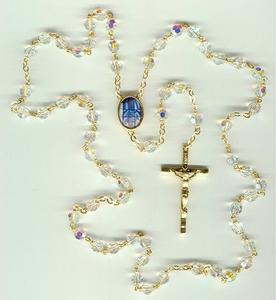
Rosaries with Mary's Image Available
Aurora Borealis Beads6mm - $30.00
8mm - $40.00
Call Doris
1-888-211-3041
or
1-727-925-9312
| Rita Ring |
| ||||||||||||||||||||||||||||||||||||||||||||||||||||||||||||||||||||||||||||||||||||||||||||||||||||||||||||||||||||||||||||||||||||||||||||||||||||||||||||||
| Fr. Joe Robinson |
|
|
|
|
|
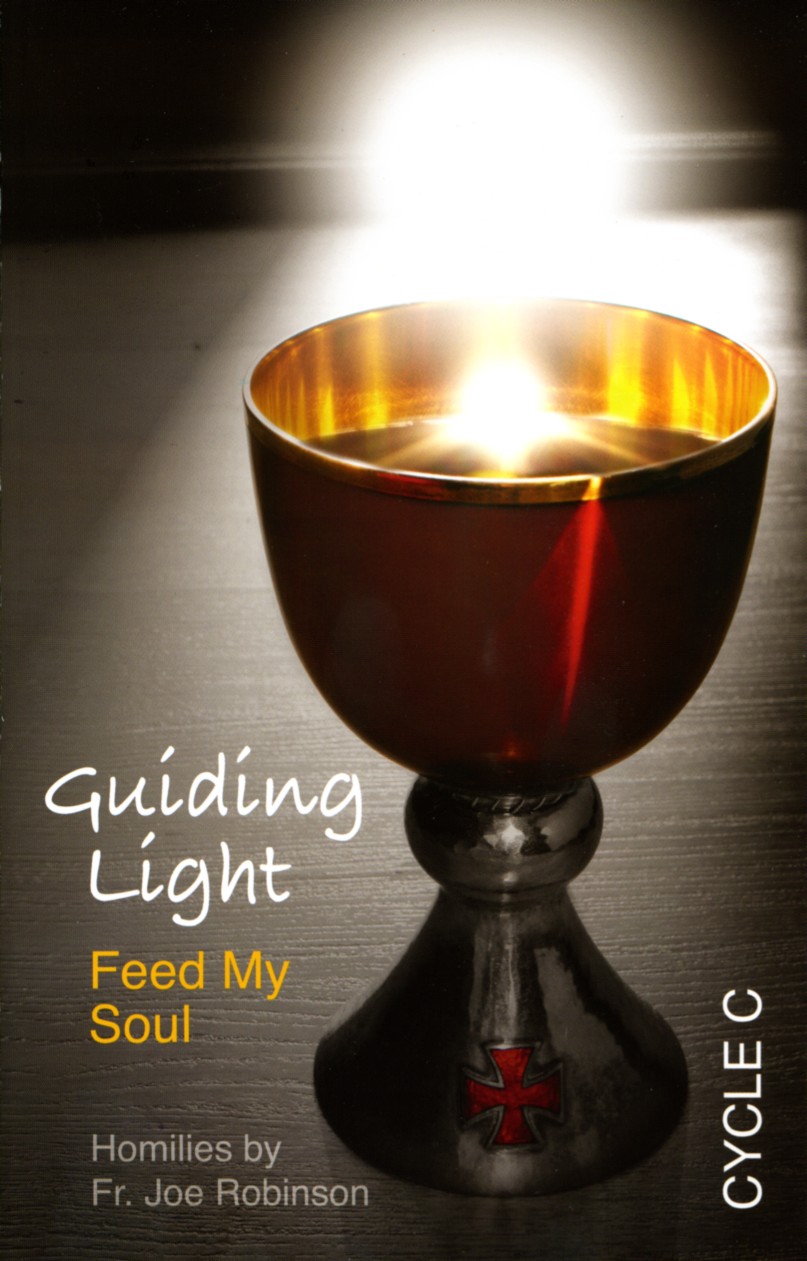 |
|
|
|
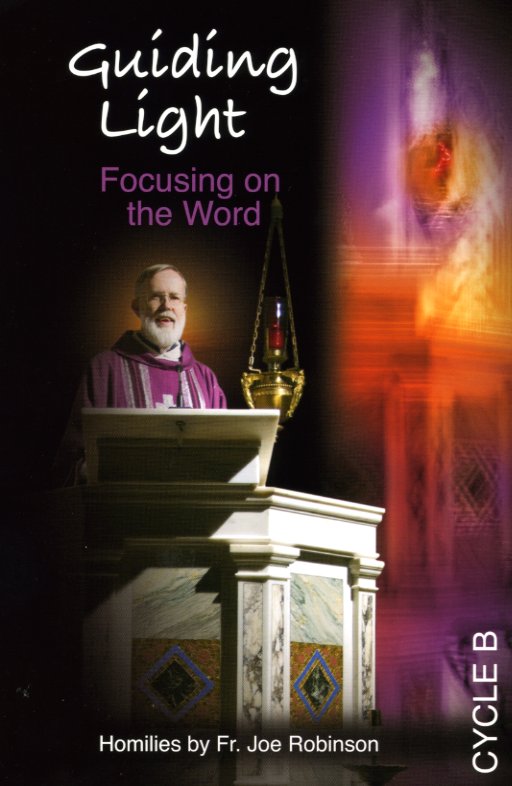 |
|
|
|
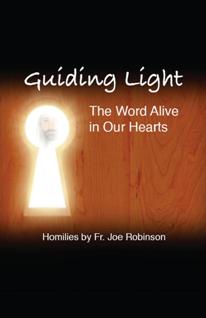 |
|
|
|
| Fr. Edward J. Carter |
| ||||||||||||||||||||||||||||||||||||||||||||||||||||||||||||||||||||||||||||||||||||
| |||||||||||||||||||||||||||||||||||||||||||||||||||||||||||||||||||||||||||||||
| ||||||||||||||||||||||||||||||||||||||||||||||||||||||||||||||||||||||||||||||||||||||||||||||||
Statues
Sacred Heart of Jesus w/glass - 18
Our Lady-Guadalupe w/glass - 12
Limpias - 8
Immaculate Heart w/glass - 18
I Heart - Ivory w/glass - 18
Our Lady of Grace w/glass - 18
Our Lady-Mt. Carmel w/glass - 18
Our Lady of Lourdes w/glass - 18
Infant of Prague w/glass - 24
Sacred Heart of Jesus w/glass - 24
Sacred Heart -Blessing w/glass - 24
Sorrowful Mother w/glass - 24
I Heart - Ivory w/glass - 24
I Heart of Mary w/glass - 24
Our Lady of Lourdes w/glass - 24
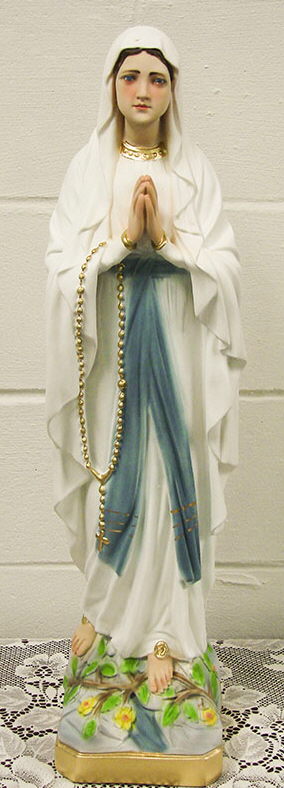
Our Lady-Guadalupe w/glass - 28
Our Lady of Grace w/glass - 24
Our Lady-Mt. Carmel w/glass - 24
St. Padre Pio
St. Joseph
St. Therese
St. Francis
St. Anthony
St. Claire
Limpias
St. Jude
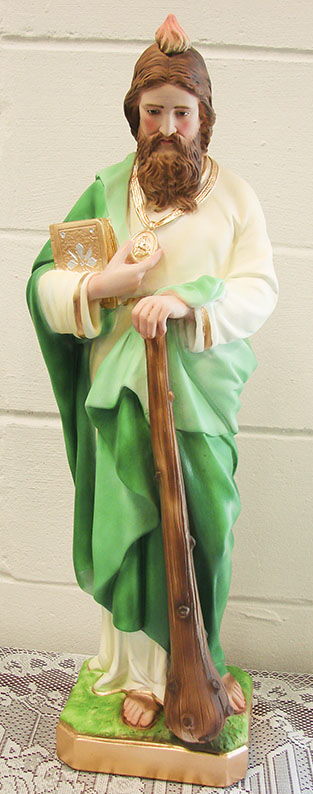
Divine Mercy
Holy Family
Angel
St. Philomena
Pieta - Marble
Pieta - Color
Holy Family
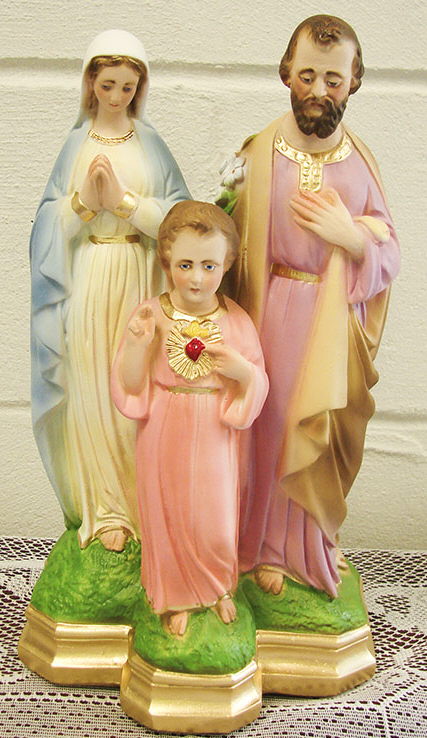
St. Anthony - 18
St. Francis - 18
St. Joseph - 18
St. Therese - 18
St. Rita - 18
St. Clare - 12
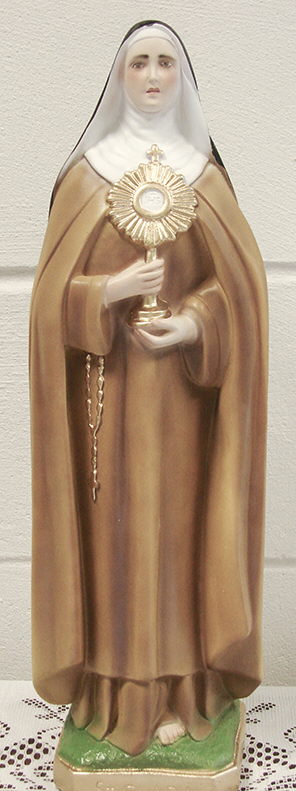
St. Rita - 12
St. Padre Pio - 12
Divine Mercy - 12
St. Michael - 11
Shepherds of Christ Ministries
P. O. Box 627
China, IN 47250
Toll free - 1-888-211-3041
Local - 1-812-273-8405
fax - 1-812-273-3182
web: www.sofc.org
e-mail: info@sofc.org
Size Price Quantity Holy Family
24"
$180
Limpias
24"
$125
St. Anthony
24"
$125
St. Claire
24"
$125
St. Francis
24"
$125
St. Joseph
24"
$125
St. Jude
24"
$125
St. Padre Pio
24"
$125
St. Therese
24"
$125
Divine Mercy 22"
$125 Angel 22"
$100 St. Philomena 20"
$100 St. Philomena 16"
$65 St. Joseph 18"
$65 St. Francis 18"
$65 St. Anthony 18"
$65 St. Rita 18"
$65 St. Therese 18"
$65 Pieta - Color 15" $75 Pieta - Marble 15" $75 Holy Family 12"
$60 St. Padre Pio - standing 12"
$40 St. Padre Pio - sitting 8"
$50 St. Michael 11"
$40 St. Rita 12"
$40 Divine Mercy
12"
$40 St. Claire 12"
$40 Limpias 8"
$25 Our Lady of Guadalupe w/glass 28"
$500 Our Lady of Mt. Carmel w/glass 24"
$500 Immaculate Heart of Mary w/glass
24"
$500 Immaculate Heart - Ivory w/glass
24"
$500 Infant of Prague w/glass
24"
$500 Our Lady of Grace w/glass
24"
$500 Our Lady of Lourdes w/glass
24"
$500 Sacred Heart of Jesus w/glass 24"
$500 Sacred Heart -Blessing w/glass 24"
$500 Sorrowful Mother w/glass
24"
$500 Immaculate Heart of Mary w/glass 18"
$300 Immaculate Heart - Ivory w/glass 18"
$300 Sacred Heart of Jesus w/glass 18"
$300 Our Lady of Lourdes w/glass 18"
$300 Our Lady of Grace w/glass 18"
$300 Our Lady of Mt. Carmel w/glass
18" $300 Our Lady of Guadalupe w/glass 12"
$200 Fatima w/glass
11"
$150 Fatima w/glass
18"
$250 Pilgrim Virgin w/glass 12"
$160 Pilgrim Virgin w/glass 15" $200 Pilgrim Virgin w/glass 18" $250 Pilgrim Virgin w/glass 27"
$450
Call for Shipping Price (1-888-211-3041)
Name
Sub-Total Address
IN Tax (7%) City
Shipping State Zip
Donation Telephone
Order Total
Call Doris
1-888-211-3041
or
1-727-925-9312
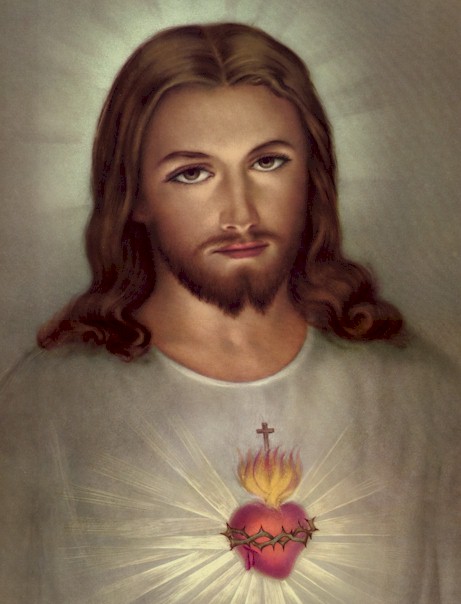

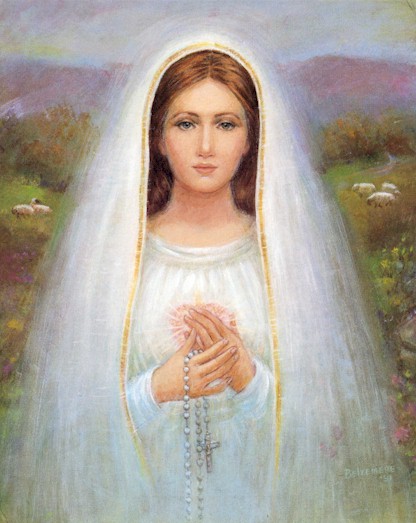
Immaculate Heart and Sacred Heart Pictures Available
with & without frames - different sizes available
Call Doris
1-888-211-3041
or
1-727-925-9312
Today's Readings

29th Sunday in Ordinary Time
Exodus 17: 8-13
The Amalekites then came and attacked Israel at Rephidim. Moses said to Joshua, ‘Pick some men and tomorrow morning go out and engage Amalek. I, for my part, shall take my stand on the hilltop with the staff of God in my hand.’ Joshua did as Moses had told him and went out to engage Amalek, while Moses, Aaron and Hur went up to the top of the hill. As long as Moses kept his arms raised, Israel had the advantage; when he let his arms fall, the advantage went to Amalek. But Moses’ arms grew heavy, so they took a stone and put it under him and on this he sat, with Aaron and Hur supporting his arms on each side. Thus his arms remained unwavering till sunset, and Joshua defeated Amalek, putting their people to the sword.
Psalm 121: 1-8
I lift up my eyes to the mountains;
where is my help to come from?
My help comes from Yahweh
who made heaven and earth.May he save your foot from stumbling;
may he, your guardian, not fall asleep!
You see — he neither sleeps nor slumbers,
the guardian of Israel.Yahweh is your guardian, your shade,
Yahweh, at your right hand.
By day the sun will not strike you,
nor the moon by night.Yahweh guards you from all harm
Yahweh guards your life,
Yahweh guards your comings and goings,
henceforth and for ever.
2 Timothy 3: 14- 4:2
You must keep to what you have been taught and know to be true; remember who your teachers were, and how, ever since you were a child, you have known the holy scriptures—from these you can learn the wisdom that leads to salvation through faith in Christ Jesus. All scripture is inspired by God and useful for refuting error, for guiding people’s lives and teaching them to be upright. This is how someone who is dedicated to God becomes fully equipped and ready for any good work.
Before God and before Christ Jesus who is to be judge of the living and the dead, I charge you, in the name of his appearing and of his kingdom: proclaim the message and, welcome or unwelcome, insist on it. Refute falsehood, correct error, give encouragement—but do all with patience and with care to instruct.
Luke 18: 1-8
Then he told them a parable about the need to pray continually and never lose heart. ‘There was a judge in a certain town,’ he said, ‘who had neither fear of God nor respect for anyone. In the same town there was also a widow who kept on coming to him and saying, "I want justice from you against my enemy!" For a long time he refused, but at last he said to himself, "Even though I have neither fear of God nor respect for any human person, I must give this widow her just rights since she keeps pestering me, or she will come and slap me in the face." ’
And the Lord said, ‘You notice what the unjust judge has to say? Now, will not God see justice done to his elect if they keep calling to him day and night even though he still delays to help them? I promise you, he will see justice done to them, and done speedily. But when the Son of man comes, will he find any faith on earth?’
29th Sunday in Ordinary Time
October 21, 2007
INTRODUCTION
- As Moses led God's people
from Egypt, through the desert, to the Promised Land, they
encountered numerous threats to their safety such as the army of
Pharaoh, the Reed Sea they had to cross, the lack of water and food
in the desert. One of the difficulties they had to face was
opposition from those peoples whose lands they had to pass through.
Today’s reading speaks of an attack by Amalek, a desert tribe living
south of the Dead Sea. Moses positioned himself on a nearby hill,
holding his arms high in prayer with the staff of God in his hands.
This is the same staff by which Moses worked such wonders in Egypt.
His powerful prayer directly affected the outcome of the battle and
his persistence in prayer resulted in victory. It is a good model of
how Jesus tells us we should pray in today’s gospel.
HOMILY
–
When I was growing up, children were forbidden for us to keep
pestering our parents for something. When my mother or father said
“no,” especially my father, that was the end of any discussion.
Jesus tells us with God the opposite is true. God doesn’t mind being
pestered; on the contrary, he prefers it. In the male dominated
society of Jesus’ day, widows had no significant social standing. It
would not have been unusual for widows to be taken advantage of and
for them to have little recourse. This widow’s only recourse to
justice was to pester the judge until he got tired of hearing from
her. And so she did. Would she have struck him, literally given him
a black eye? Would she have hurt him by destroying his reputation?
Or would she have just driven him crazy? There are various ways of
interpreting the Greek verb here. The main point is clear. She was
relentless in seeking a just settlement for herself. That’s how we
should pray.
Why does our Lord tell us to pray in that way? He, who knows how
many hairs are on the top of our head, knows what we need. He hears
every word we say, every thought we have, and he knows everything we
need. He doesn’t need reminders. He is infinite. He’s not like the
unjust judge who had little or no regard for the widow. He loves
each of us more than we can begin to imagine. Meditate on the cross
for proof of that. And he’s not too busy. My dad would seldom pray
for himself. He always said God has too many important things to
worry about. He can’t be worried about me. It sounds like an
expression of humility, but in reality it is saying God is not
infinite. That God is limited like we are and he can’t handle
everything he has to do. All these ideas add to the mystery of why
he tells us to keep asking.
One can only speculate why God wants us to pester him. Maybe it’s
his way of getting to hear from some of us sometimes. Maybe it’s his
way of not letting us forget he is our Father and we depend totally
on him. Maybe it’s his way of trying to get us to enter into more of
a relationship with him. Maybe it’s his way of helping us know that
what we ask for is truly what we want. Maybe it’s his way of
teaching us how to listen or how to solve our own problems. Maybe
what we are praying for is too big of a request to happen quickly
such as if we pray for the end of abortion or war. Too many hearts
have to be changed before it happens and lots more prayers are
needed before it can take place. Maybe prayer itself is a kind of
spiritual power or energy that can affect what we are asking for.
Just as a tiny seed has in it the energy of life and by planting
seed life is released, so maybe when we pray, love or energy moves
out of us and focuses itself like a laser on the person or event we
are praying for. I suppose we could speculate all day, but one thing
is clear, Jesus said don’t quit praying.
Prayer is an act of faith in God and in God’s love. Part of the
reason people give up praying too soon is because they don’t believe
strongly enough. That’s why I think Jesus said at the end of the
gospel: “When the Son of Man comes, will he find faith on earth?”
Part of the reason people give up is because we are too spoiled. If
our refrigerator is broken, we get a new one. If we want to watch a
certain program on TV, we just press a button. If we’re hungry, we
just pop an already prepared dinner in the microwave. If we want to
hear good music, we turn on WGUC or turn on a CD. We blame God for
not answering our prayers fast enough, but perhaps the problem is
ours. We lack patience; we expect God to jump when we say jump.
I’ve thought of my own prayers. I ask for everything from being able
to find a parking place when I’m in a hurry to good health to world
peace. I pray for the safety of my friends and I pray for blessings
on my parish and for the sick. I ask for help in the work I do. But
I don’t spend a lot of time asking for specific things. When I pray,
it’s a whole variety of things that go through my mind. I question
God and wonder why God does what God does. I wonder what God is
like. I reflect on Scripture. I thank God often and sometimes I just
sit quietly with God. As long as we don’t quit praying, our prayer
and our relationship with God will deepen. I know it will, and now
we continue on praying the greatest prayer of all, the Mass. Amen.